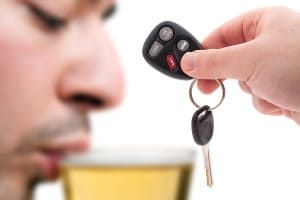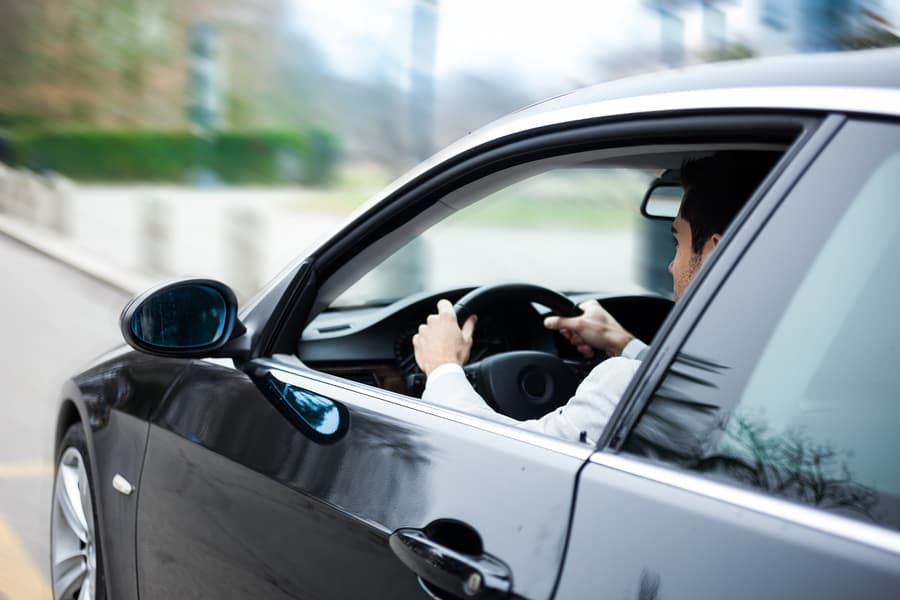 The state of Michigan takes a particular strong stance against drinking and driving. Even with your first-offense DWI, you can be ordered to use an ignition interlock in addition to other penalties. License suspension is required for at least 6 months and a restricted license may be issued after serving 30 days of the suspension. It’s important to understand that you are not guaranteed use of a restricted license; they are issued at the judge’s discretion and must be approved by the Secretary of State, along with an ignition interlock requirement.
The state of Michigan takes a particular strong stance against drinking and driving. Even with your first-offense DWI, you can be ordered to use an ignition interlock in addition to other penalties. License suspension is required for at least 6 months and a restricted license may be issued after serving 30 days of the suspension. It’s important to understand that you are not guaranteed use of a restricted license; they are issued at the judge’s discretion and must be approved by the Secretary of State, along with an ignition interlock requirement.
Ignition interlock devices (IIDs) are small, about the size of a cell phone, and attach directly to your engine. You have to blow into the ignition interlock device to get your vehicle to start and a few more times during your trip. IIDs do a lot to curb repeat offender problems, since you cannot operate your vehicle if you’ve been drinking and, in turn, are one of the best ways to get your life back on a more responsible track after a DWI.
Restricted licenses typically have specific uses attached to them. For instance, you may only be allowed to drive to work, doctor appointments, and the grocery store. A first-offense DWI is considered a misdemeanor, but even misdemeanors are a crime. If you’re convicted of a DWI in Michigan, it will be part of your criminal record for a very long time, affecting your future employment, education, and housing options.
Because Michigan wants to drastically reduce the number of deaths and injuries caused by drunk drivers, it mandates hard-hitting consequences for those caught in the act. First-offense DWI laws are strict in order to try to prevent any future drunk driving incidents. There is no reason to risk a first-offense DWI in Michigan; call a taxi or find a sober ride home and save yourself the time, money and trouble of a drunk driving conviction.

 Who’s on Your Post-DUI Team? Your Car Breathalyzer Service Provider.
Who’s on Your Post-DUI Team? Your Car Breathalyzer Service Provider.